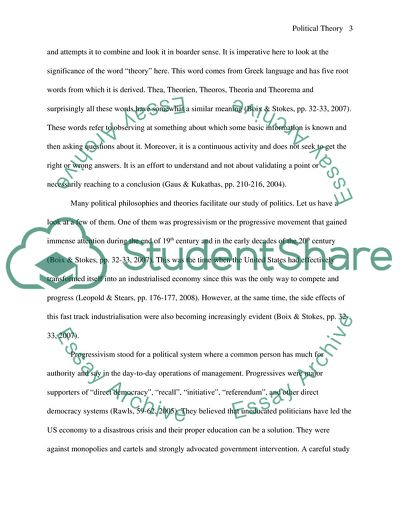Cite this document
(Does Political Theory Have Any Importance for the Study of Politics Term Paper, n.d.)
Does Political Theory Have Any Importance for the Study of Politics Term Paper. https://studentshare.org/politics/1743377-does-political-theory-have-any-importance-for-the-study-of-politics
Does Political Theory Have Any Importance for the Study of Politics Term Paper. https://studentshare.org/politics/1743377-does-political-theory-have-any-importance-for-the-study-of-politics
(Does Political Theory Have Any Importance for the Study of Politics Term Paper)
Does Political Theory Have Any Importance for the Study of Politics Term Paper. https://studentshare.org/politics/1743377-does-political-theory-have-any-importance-for-the-study-of-politics.
Does Political Theory Have Any Importance for the Study of Politics Term Paper. https://studentshare.org/politics/1743377-does-political-theory-have-any-importance-for-the-study-of-politics.
“Does Political Theory Have Any Importance for the Study of Politics Term Paper”. https://studentshare.org/politics/1743377-does-political-theory-have-any-importance-for-the-study-of-politics.


